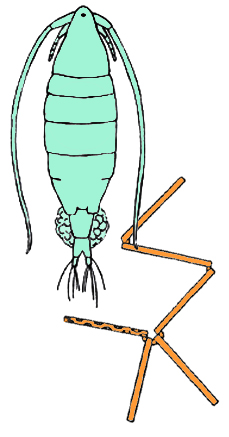I live very close to the mouth of the mighty Altamaha River, where 14,000 square miles of central Georgia surface water tumbles into the sea. Un-dammed and free flowing throughout its entire course, the Altamaha is a biodiversity hotspot, and has been the focus of intense conservation efforts for decades. Today, thanks to collaborative effort between GA DNR, private property owners, and The Nature Conservancy, the Altamaha boasts a 42-mile continuous corridor of protected lands, and serves as a best practice for other critical habitats on the coast.
On its north shore lies the small town of Darien, chock-full of history, shrimp and home to a expertly-curated marine hardware store (just a few of my favorite things).
I cross up to Darien on old Route 17. This route passes through a vast area of impoundments that once comprised the massive rice plantation owned by Pierce Butler. It is a space that contains multitudes. Here, it is possible to gather threads of some of the most pivotal/defining/challenging narratives of the antebellum Lowcountry. Fanny Kemble, Roswell King, The Weeping Time, the Bank of Darien and Gone With The Wind are imbedded in the very landscape.
These impoundments are a living vestige of forced labor performed by slaves from West Africa’s Rice Coast (Senegal, Sierra Leone and Liberia), who would give rise to the Gullah-Geechee people. The earthworks speak volumes about the scale and scope of forced labor in a way that lands differently in me than visiting a historic tabby ruin.
Rice was grown in diked fields at the mouths of most Lowcountry mainland rivers, with production reaching its peak between 1850 and 1860. In Georgia alone, about 23,000 acres of land were felled of cypress and worked into an orderly grid of canals and impoundments.
Today what remains of Butler’s rice operation are a few historic structures and the extensive dyke system, which is laterally compressed to the view of the casual motorist, but extensively accessed by local populations of waterfowl, sportsmen, and natural resource managers. Some of the other rice plantations have been converted into other uses like residential subdivisions (See FLORIDA) and crawfish farms (See WOODBINE), but many remain fallow yet functioning, with a diversity of marsh grasses now mixed in with the most persistent wild rice.
The stirring juxtaposition of intrinsic good – biodiversity, ingenuity, and productivity – nested within unbearable suffering – enslavement, abuse, and separation – is something that I rarely see in the interpretation of plantation-era sites. Interpretation, like people, is often segregated. These earthworks present an impossibly complex narrative deftly, even marking the passage of time and imparting a sense of urgency looking into the future.



